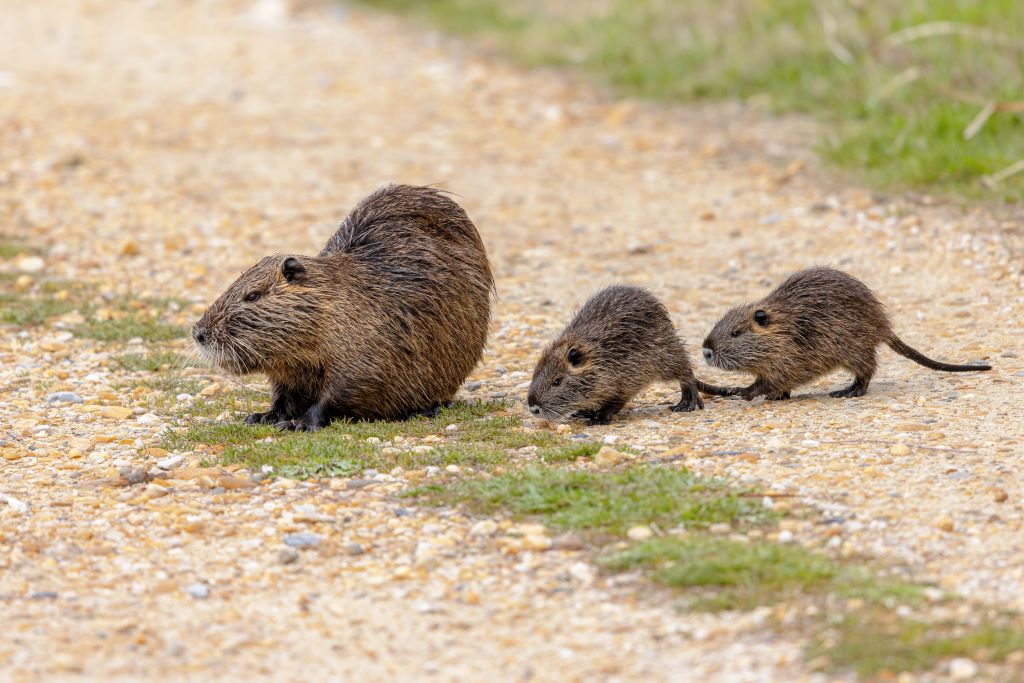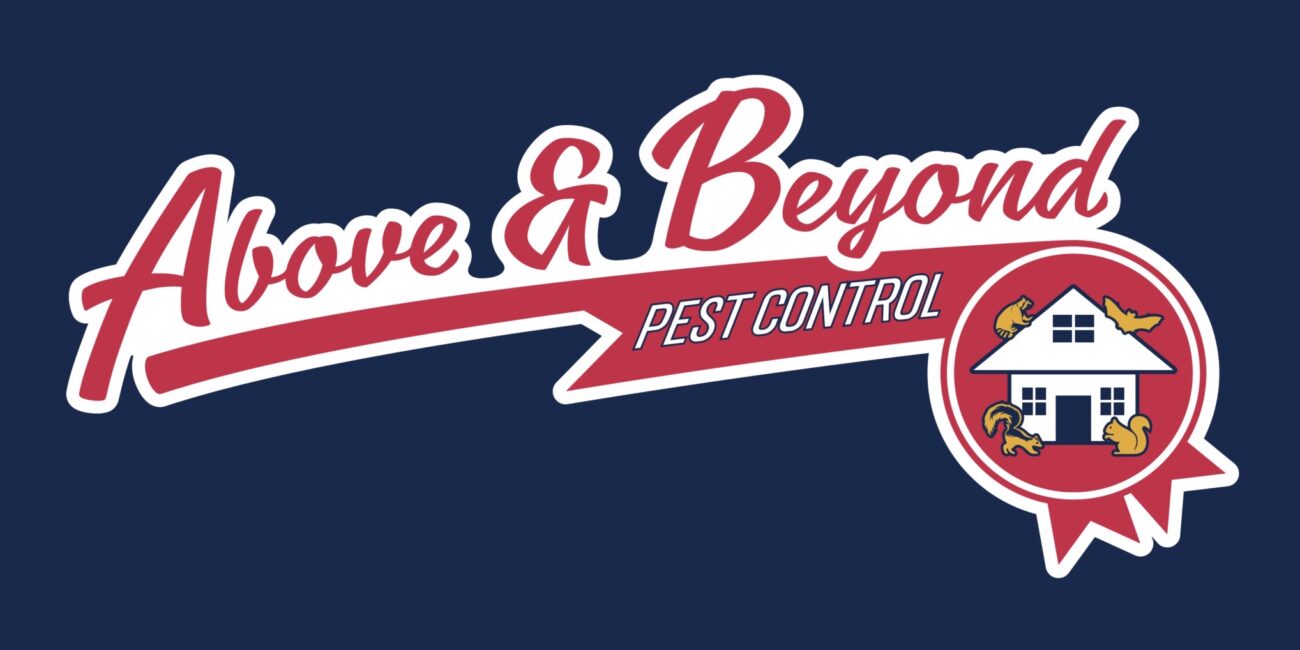Menu

The Importance of Rodent Removal - Why Clean Up After Rodents
Rodents are notorious pests that can cause a lot of damage to homes and buildings. They chew on wires, insulation, and wood and can cause structural damage. But the damage they cause is not the only reason why cleaning up after rodents is important. Many health risks are associated with rodents that people may not be aware of.
In this blog post, we will explore the importance of rodent removal and why it's crucial to clean up after rodents: Health Risks Associated with Rodents Among the most significant health risks that are associated with rodents is their ability to spread diseases. Rodents can carry several diseases, including Hantavirus, Salmonella, and the Plague. These diseases can be transmitted easily to humans via contact with rodent feces, urine, saliva, or bites from infected rodents. These diseases can be quite severe and even life-threatening. Rodents can also trigger allergies and asthma. Their droppings, urine, and hair can cause various respiratory problems, especially for individuals with asthma or allergies. Rodent droppings can also trigger allergic reactions that can range from mild to severe. Rodents Attract Other Pests Rodents are not the only pests that can cause problems. They can also attract other pests like fleas, ticks, and mites. These pests can carry diseases and cause health problems for humans and pets. Rodents can also attract other predators like snakes and birds of prey, which can create even more problems for homeowners. Structural Damage Caused by Rodents Rodents are pretty known for their ability to chew through almost anything. They can chew through wires, insulation, and wood, which can result in structural damage to houses and buildings. This damage can be pricy to fix and can compromise the safety of the building. Rodents can also contaminate the insulation with their droppings and urine, making it necessary to replace it. Importance of Professional Pest Control Services While it's possible to deal with a rodent infestation on your own, it's often best to call in a professional pest control service. Pest control companies have the knowledge and experience needed to deal with rodent infestations safely and effectively. They can easily identify the type of rodent and the extent of the infestation, and they can create a customized plan to remove the rodents and prevent them from returning. Cleaning Up After Rodents Cleaning up after rodents is an essential part of rodent removal. It's important to wear protective gear like gloves and a mask to avoid contact with rodent droppings and urine. The first step in cleaning up after rodents is to remove any nesting materials, droppings, and urine. It's important to double-bag all materials and dispose of them in the trash. The area should then be disinfected thoroughly to kill any remaining bacteria or viruses. Preventing Future Infestations Preventing future rodent infestations is crucial to protect your property from destruction and your family from the health risks associated with rodents. Some ways to prevent future infestations include sealing holes and cracks in your home's foundation, keeping your home clean and clutter-free, and storing food in airtight containers. You can also use certain traps and baits to catch and kill rodents that may be trying to enter your home. Conclusion Rodent removal and cleaning up after rodents are essential to protect both your home and family from the health risks associated with rodents. Rodents can carry diseases, attract other pests, and cause structural damage to homes and buildings. It's important to call in a trusted professional pest control service to deal with rodent infestations safely and effectively. Cleaning up after rodents is also crucial to prevent the spread of disease and prevent future infestations. By following these steps, homeowners can protect their homes from the damage and health risks associated with rodents. If you're facing a pest issue in New Jersey, it's highly recommended to consult with professional assistance from a trustworthy pest control company such as Above and Beyond Pest. Our specialists in New Jersey pest control can assist you in determining the specific pest you're encountering and create a tailored strategy for extermination and prevention. Get in touch with our exterminators today for further details on our rodent removal services!